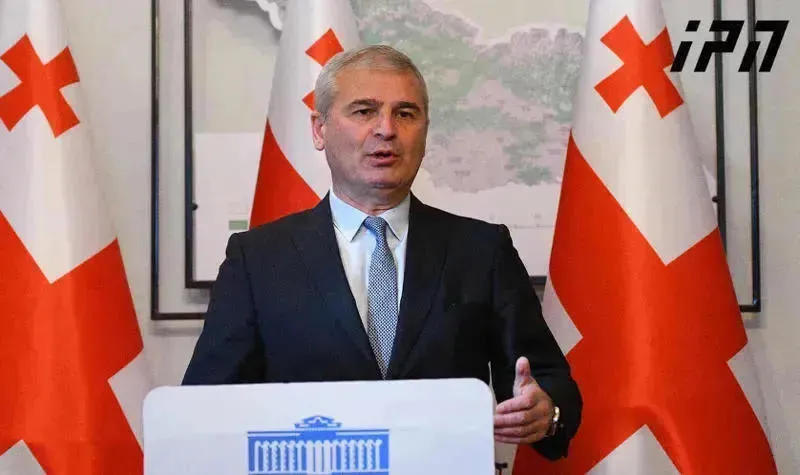Irakli Kadagishvili: There are two main issues in the European Commission's letter: concerns about transparency, about which we will have a discussion, and the unhindered spread of LGBT propaganda among adolescents

In general, there are two main issues in the European Commission's letter: one - concerns about publicity and transparency, which we will probably have a specific discussion about - the second issue concerns the LGBT community and the unhindered spread of this propaganda among the younger generation - we will have our positions in this regard too, - Georgian Dream MP Irakli Kadagishvili told journalists, responding to the European Commission's letter to the Georgian Dream government, which was discussed by the EU High Representative for Foreign Affairs and Security Policy Kaja Kallas.
According to him, the EU's approach is harsh.
“In general, there are two main issues in the letter: one - concerns about publicity and transparency, on which, perhaps, we will have a specific discussion about why publicity and openness hinder visa liberalization. The second issue, as we know, concerns the LGBT community and the unhindered spread of this propaganda among the young generation. We will have our positions in this regard too. I think these are the two main issues on which we have our reasoned position. In general, the approach is difficult in the sense that openness, which should be the No. 1 requirement for the European Union in all directions, for some reason they have the biggest problem in this direction. Second - for some reason, the spread of LGBT propaganda is considered a condition for visa liberalization. I think such topics cannot be forced on society, especially when Georgia has sophisticated legislation against discrimination, where, among other things, the rights of all such persons are protected,” said Irakli Kadagishvili.
For information, after the meeting of the foreign ministers of the EU countries in Brussels, the EU High Representative for Foreign Affairs and Security Policy, Kaja Kallas, spoke about the letter sent to Georgia and stated that Georgia has a deadline until the end of August to fulfill the recommendations. According to her, these are recommendations that are given in the report of the visa liberalization suspension mechanism for Georgia. As for the EU’s response, if the recommendations are not fulfilled, according to Kallas, there will be consequences so that the society can see that “its government is not on the European path and does not take its candidate status seriously.”

